1. The Moon Landing Was Faked
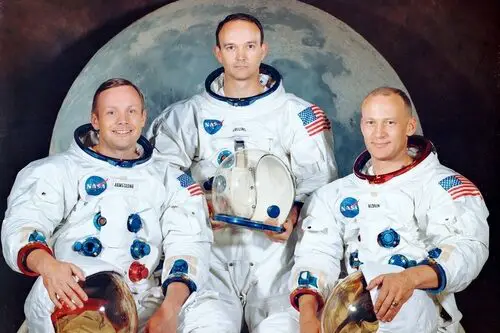
Some Americans quietly wonder if the Apollo missions were staged on a Hollywood soundstage. They point to oddities in photos, like shadows and flag movements, as “evidence.” While NASA insists the missions were real, the debate persists in whispers at dinner tables and online forums. It’s the kind of conspiracy that feels playful yet uncomfortable to discuss openly.
People bring it up cautiously, usually with a laugh or an “I don’t really believe it, but…” preface. It’s not about fully denying science—it’s more about questioning the narrative we’ve all been told. The skepticism can reflect a deeper mistrust in government institutions and media. For some, it’s almost a thought experiment in critical thinking.
2. Chemtrails Are Controlling Our Weather
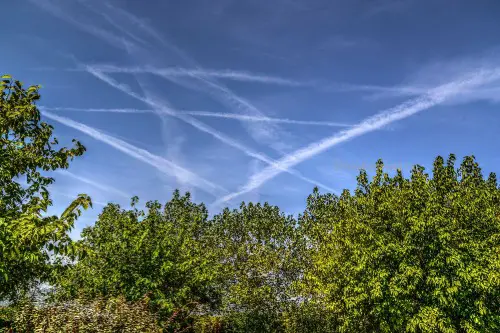
The idea that contrails from planes might be part of a secret government plan to manipulate weather is quietly debated. Some point to unusual cloud patterns or strange atmospheric conditions as “proof.” While mainstream science explains these as condensation trails, the notion persists in small online communities. People rarely bring it up in public without feeling judged.
Those who entertain it often mix environmental concerns with government mistrust. They wonder if governments could secretly be geoengineering the planet, affecting climate and crops. It’s a mix of curiosity and fear that’s hard to admit openly. The conversation feels edgy, almost like walking a line between science fiction and reality.
3. The JFK Assassination Was a Conspiracy
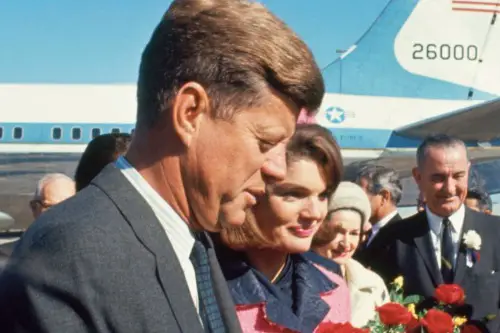
Even decades later, Americans quietly question whether Lee Harvey Oswald acted alone. Some suspect shadowy government agencies or mafia connections were involved. Official reports say otherwise, but doubt lingers, fueled by inconsistencies in evidence and witness accounts. People discuss it in hushed tones, fearing they’ll sound paranoid.
The appeal is partly about mystery—the idea that history is more complex than the official story. Every new book or documentary reignites speculation. It’s a blend of history, intrigue, and suspicion that quietly fascinates many. It’s one of those debates you nod along to but rarely state outright.
4. Big Pharma Is Hiding Cures

There’s a quiet suspicion that pharmaceutical companies may suppress cures to keep profits rolling. Some point to cancer research and new drug discoveries as evidence that breakthroughs are “conveniently delayed.” People rarely voice this publicly, because it sounds like anti-science paranoia. Still, the thought lingers, especially when prescription prices skyrocket.
The debate is fueled by real-world events, like drug scandals or overpricing controversies. It’s less about complete distrust of medicine and more about questioning motives behind massive corporate structures. Conversations about it often stay private, shared only among close friends. It’s a blend of cynicism and cautious curiosity.
5. 9/11 Was an Inside Job
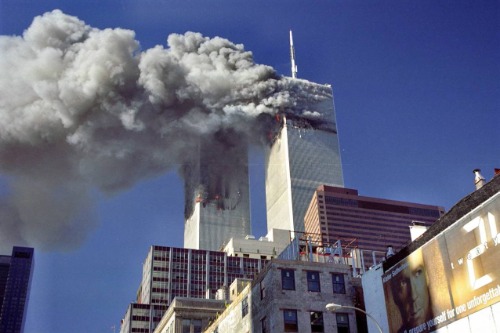
Some Americans quietly question the official story of 9/11, wondering if government elements had prior knowledge or involvement. They cite anomalies in building collapses or pre-knowledge reports. Openly discussing this is taboo, given the tragedy’s sensitivity. Most keep it to online debates or private conversations.
It’s not about denying the horror of that day, but questioning the narrative surrounding it. People wrestling with this theory often feel conflicted between skepticism and respect. The topic evokes a mix of fear, anger, and curiosity. Discussing it publicly risks being labeled disrespectful or unpatriotic.
6. The Government Is Watching Everything
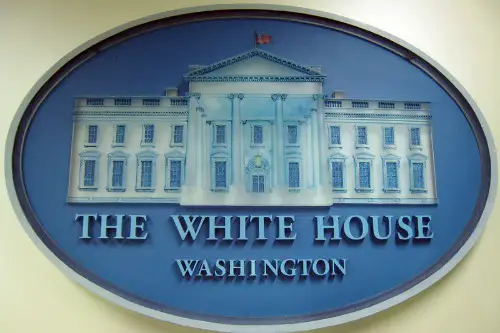
Americans quietly debate just how much the government surveils its citizens. Some point to leaked documents or programs like PRISM as evidence. While many accept surveillance exists for security, others suspect it’s far more invasive than admitted. The conversation often happens behind closed doors to avoid sounding paranoid.
Tech and privacy issues fuel this debate. People wonder whether their online habits, conversations, and purchases are constantly tracked. It’s a mix of realism and skepticism that’s hard to voice publicly. The fear is subtle but persistent.
7. The Illuminati Controls World Events
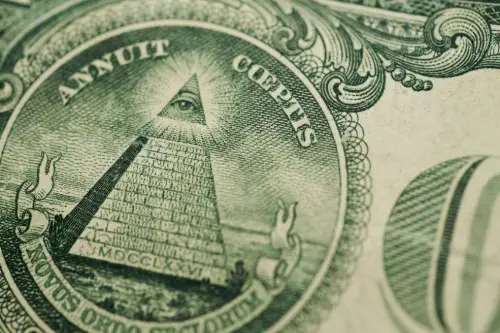
Whispers about secret societies like the Illuminati occasionally surface in casual debates. Some people suspect they influence governments, media, or global finance. While it sounds outlandish, curiosity keeps the idea alive. Admitting interest in such theories publicly often invites ridicule.
It’s less about fully believing and more about wondering who really holds power. Historical elites, wealth concentration, and opaque decision-making fuel these speculations. The theory taps into a deep distrust of authority. Many treat it as a mental puzzle rather than a conviction.
8. Fluoride in Water Has a Hidden Agenda

Some Americans quietly question whether fluoride in tap water is purely for dental health. Theories suggest it could be for mind control, medication delivery, or other covert purposes. Scientific studies consistently affirm its dental benefits, but the suspicion persists in private conversations. People rarely mention it outside trusted circles.
It’s not mainstream paranoia—it’s a curiosity about what governments might not fully disclose. The debate often includes broader questions about public health policies. It’s surprisingly common at neighborhood discussions and online groups. The topic walks a fine line between health debate and conspiracy theory.
9. The Federal Reserve Is Secretly Manipulating the Economy
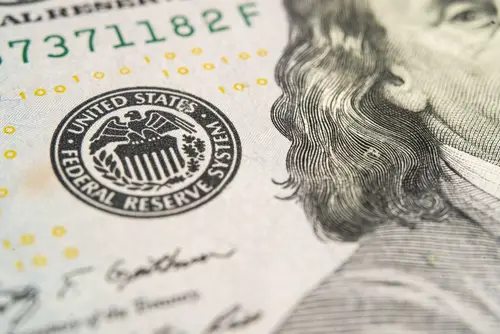
A few Americans quietly ponder whether the Federal Reserve holds more control than it publicly admits. The idea is that monetary policy might secretly favor elites or global interests. Economists largely deny conspiratorial intent, but skepticism persists quietly. People hesitate to discuss it publicly because it sounds hyperbolic.
It’s fueled by frustration over inflation, bailouts, and economic inequality. The Fed is complex and opaque, making it easy to suspect hidden agendas. Many debate it like a puzzle: who really benefits from financial policy? The theory blends economics, suspicion, and intrigue.
10. Vaccines Are Dangerous Beyond What We’re Told

While most Americans support vaccination, some quietly question whether long-term risks are fully disclosed. They may cite anecdotal reports or rare adverse events. Publicly voicing this skepticism often invites harsh criticism or accusations of being anti-science. It’s a debate that happens mostly in private circles or online forums.
The conversation is often framed around transparency rather than outright denial. People want full information, not coercion. It mixes genuine health concerns with distrust of authorities. The subtlety of the debate makes it rarely spoken aloud.
11. HAARP Controls the Weather
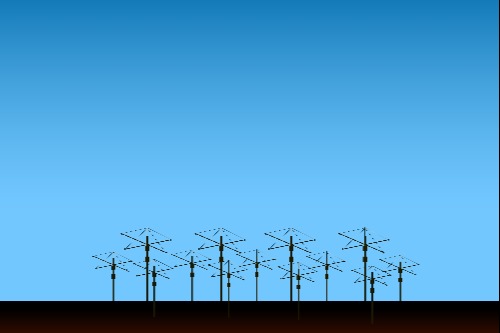
Some Americans quietly speculate that the HAARP facility in Alaska might manipulate weather or even trigger natural disasters. While scientists say it’s mostly for studying the ionosphere, curiosity remains. Publicly admitting interest risks ridicule or being labeled a crackpot. The idea thrives more in whispers and small online communities.
Those who entertain it often combine it with climate-change skepticism or natural disaster fears. It’s part scientific curiosity, part imaginative speculation. The secrecy of the facility fuels fascination. People debate it quietly, almost like swapping ghost stories.
12. The COVID-19 Origin Story Is Incomplete
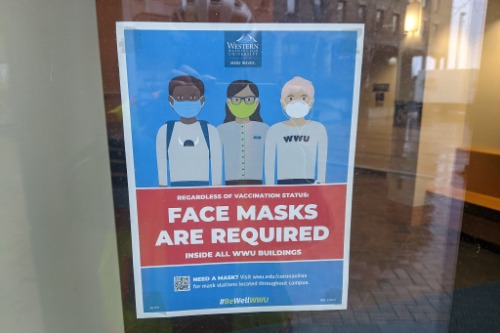
Even today, some quietly debate whether COVID-19 leaked from a lab or came from natural transmission. While official reports lean toward natural origins, some details leave questions unanswered. Openly discussing alternative theories can spark arguments or stigma. The curiosity persists, especially among those who distrust governmental transparency.
People often frame it as wanting full answers rather than conspiracy for the sake of drama. The discussion blends epidemiology, politics, and mistrust. It’s a modern mystery that quietly intrigues many Americans. Conversations happen cautiously, like sharing a thought experiment with a friend.
This post 12 Conspiracies Americans Secretly Debate—but No One Admits Out Loud was first published on American Charm.


